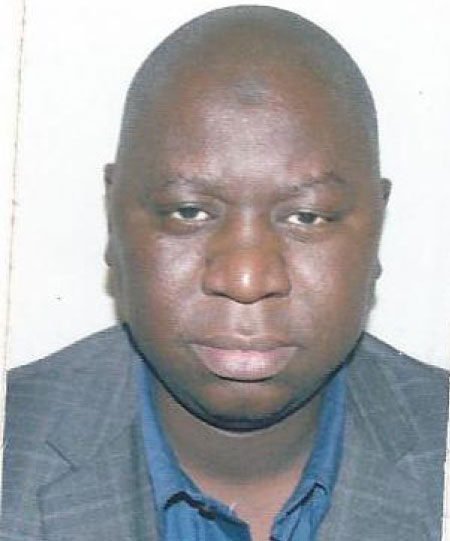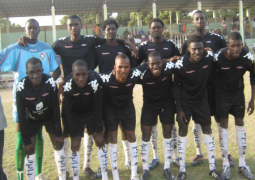
In his launching statement on behalf of the Minister of Finance, the Health Minister, Omar Sey, said the 2013 Gambia Demographic and Health Survey (GHDS) was conducted by the Gambia Bureau of Statistics in collaboration with the Ministry of Health and Social Welfare and the National Population Commission Secretariat.
This was the first demographic and health survey conducted in The Gambia under the Worldwide Programme, a project funded by the United States Agency for International Development (USAID), he said.
He said USAID provides support and technical assistance in the implementation of population and health surveys in countries worldwide.
According to Minister Sey, the main objective of the survey was to provide comprehensive data on fertility and mortality, family planning, maternal and child health nutrition, as well as information on maternal mortality and domestic violence.
The survey also provided household-based data on the prevalence of malaria and HIV, two of the most life-threatening infectious diseases in sub-Saharan Africa, he stated.
He explained that the survey was internationally planned to be fielded at the beginning of the last term of the Millennium Development Goals (MDGs) reporting period, so that it would provide information on progress towards the attainment of the set MDG targets in The Gambia.
The Health Minister further stated that in 2013, GDHS in conjunction with statistics information obtained from the Integrated Household Survey 2010 provide critical information for monitoring and evaluating targets set in the Programme for Accelerated Growth and Employment, as well as various sector development policies and programmes.
The ongoing Integrated Household Survey, which is expected to be concluded by July 2016, would provide up-to-date information on some of the required indicators, he added.
He noted that the survey covers a nationally representatives sample and was designed to produce estimates of the major survey variables at the national, urban and rural areas, and local government area levels.
“A total of 6,217 households was contacted during the survey and in these households, 10,233 women age 15-49 and 3,821 men age 15-59 were interviewed,” he said.
Minister Sey also stated that the report would to a great extent address most of the health and demographic data gaps that existed before the conduct of this survey.
The government of The Gambia appreciates the individual and institutional contribution in various ways to the successful completion of the 2013 GDHS, he stated.
Dr. Sey on behalf of the government expressed sincere appreciation for all the support received from USAID, UNFPA, UNICEF, UNDP, WHO, GLOBAL fund through the malaria, HIV/AID, and TB grants and ActionAid International The Gambia, and the joint United Nations Programme on Gratitude to ICF International.
He expressed gratitude to the Office of the Vice President for the overall coordination of the implementation process, the Ministry of Finance and Economic Affairs for ensuring that the Ministry of Health and Social Welfare coordinate and undertake voluntary counseling and testing activities.
Also speaking on the occasion was the Statistician General, Nyakassi Sanyang, who said this was the first DHS conducted in The Gambia and as the head of the institution it was a challenge, but also an opportunity.
Lack of DHS creates great demographic and health data paucity in the country, he said, while appealing to all stakeholders for them to maintain the spirit of collaboration not only for the DHS but also for any major statistical research activity required to be conducted in the country to better timely inform policy and decision-making.
“This information is very important for the successful conduct of any activity of such nature that requires huge mobilization of both human and financial resources,” he added.
According to Mr Sanyang, during the implementation of the DHS project in 2012/2013, both financial and technical contributions were received from major stakeholders such as government, non-governmental organizations and United Nations agencies, which contributed to the successful implementation of the survey.
He also acknowledged the efforts of GBOS staff and freelance enumerators - “who were either in the field or the office” - that made the survey a success.



